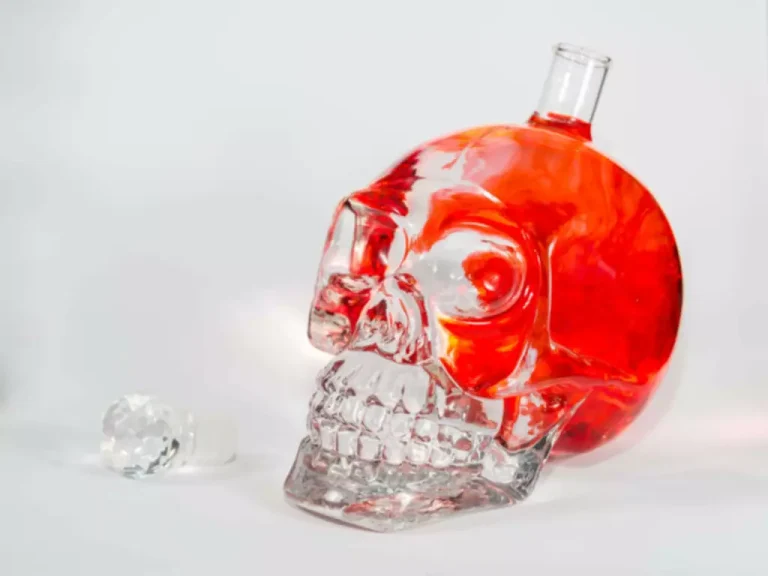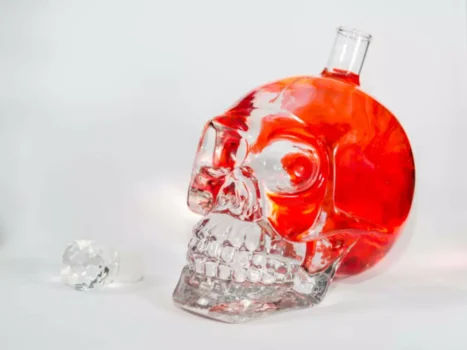
Your care team is invaluable to creating a strong foundation for long-term recovery. Knowing that there are concrete tools and resources available to navigate difficult moments alleviates the fear of relapse and builds confidence. This may include worries about losing social connections or coping with life’s stresses unaided.
Practicing Mindfulness and Meditation
Include those who have shown understanding, encouragement, or have experience with recovery themselves. Be honest with yourself about who truly supports your sobriety. Some relationships may need to be reevaluated if they don’t align with your recovery goals. It’s important to find a mental health professional you trust. Treatment is often a collaborative journey, and you should feel comfortable asking questions, communicating openly, and giving honest feedback on your progress. These people can remind you of everything you’ve worked hard for and provide motivation to keep going.
The Possibility of Failure

Part of alcohol and drug withdrawal does involve insomnia, but this is temporary. During treatment, amphetamine addiction treatment you will be working on achieving balance in your physical and mental well-being through nutrition, exercise, counseling, and activities. Your treatment center will address your ability to sleep through the night along with your other fears, cravings, and physical or psychological symptoms.
- It’s understandable that you might feel fear of withdrawal.
- There are infinite reasons why pursuing long-term recovery and sobriety can be the best choice for someone struggling with drug or alcohol use.
- After a while, you’ll be enjoying life on entirely different terms.
- Setting goals is an important skill in overcoming drug or alcohol dependence.
- Once you are able to specify and name your fear, you can address it.
Become a Success Story
This fear is often tied to perfectionism or self-esteem, where someone may believe that if they fail, it reflects their worth. Fear is the biggest barrier to change, even if that change is for the better and will improve our lives. There is no doubt that getting sober is a daunting prospect — it’s terrifying. Worrying about it constantly will only strengthen your fears and lessen your resolve to do anything. You don’t have to produce some hidden, superhuman strength to be successful at sobriety. But you do need patience, empathy for yourself, and a firm commitment to meeting your goal.

If you’re scared of becoming sober because you’re afraid of change, it’s important to remember that change is a necessary part of recovery. Without change, you won’t be able to achieve sobriety. As you work through the detox process, you can start to feel the overwhelming frustration and anxiety build around being sober. You’re likely also to start feeling the stress build, perhaps the same stress that leads you down the path to using. The fear of the unknown is a common thread that runs through all the other fears. Recovery requires stepping into unfamiliar territory, and this uncertainty can be frightening.
- However, when it has happened, I have to speak up to point out that I didn’t drink and I’m not subsidizing their drinking.
- This fear is often rooted in self-doubt and the pressure of perfection.
- Do you fear that your life will be boring and that people will turn away from you?
- This might include providing strategies to manage fears related to sobriety and sensitively addressing underlying issues.

They might be afraid to try because they’re terrified of what it would mean if they didn’t succeed. However, true healing becomes impossible if the fear prevents you from addressing underlying issues. Growth requires stepping outside of your comfort zone, but fear can make those steps feel too risky and fear of being sober painful. When questioning your ability to rebuild relationships and maintain sobriety, your confidence lowers and prevents you from taking leaps of faith. Additionally, facing emotions and trauma that are masked by substance use is daunting. Recovery requires confronting deep-seated pain and emotions that may have been avoided for years.
Similarly, there are https://ecosoberhouse.com/ many people who drink and use drugs because they feel more fun, daring, likable, and interesting when under the influence. Removing the thing that they believe gives them more charisma or self-confidence around other people can trigger the very real worry that they won’t like their sober self. Your recovery has the potential to help you be a better friend, partner, sister or brother, professional, volunteer, and more.

Complete our convenient online form to connect with an Evoke Wellness treatment specialist.
The constant worry about relapse can eat away at confidence and lead to a victim mentality, causing you to question whether long-term recovery is indeed possible. Fear is a barrier between where someone is and where they want to be. If you don’t address your fear, it has the power to keep you stuck in the cycle of addiction, even when you know those patterns are harmful. Avoiding the challenges and emotions that come with change can halt it. Now that you can recognize this fear, the question is, how do you get through it? When you are feeling those emotional and ups and downs, how do you pull together the pieces and stick to the path towards recovery?
Keep a journal of your experiences with these new activities. Update your strategies as you learn what works best for you. Pay attention to changes in your mood, such as increased irritability or anxiety. For example, celebrations might be a positive trigger, while stress could be a negative one. It’s often a complex combination of these and even underlying health conditions that can contribute to anxiety. Anxiety can feel overwhelming and all-consuming.





